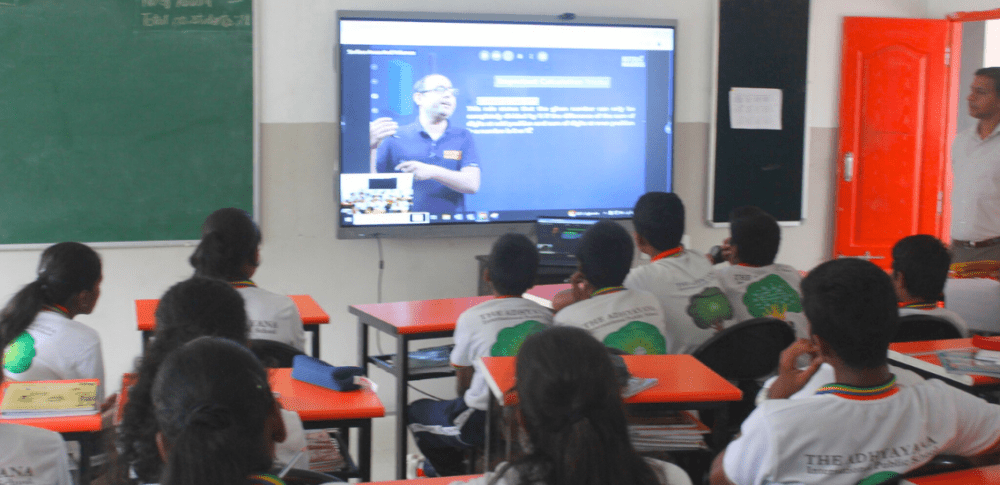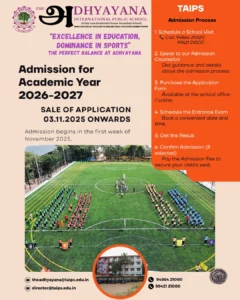The Central Board of Secondary Education (CBSE) syllabus is designed to provide a robust foundation for students, preparing them for higher education and competitive exams. However, understanding and excelling in the CBSE syllabus can be challenging. This article aims to decode the CBSE syllabus and provide expert tips to help students succeed.
Understanding the CBSE Syllabus Structure
The Central Board of Secondary Education (CBSE) syllabus is comprehensive and structured to cover a wide range of subjects. It is divided into primary (Class 1-5), middle (Class 6-8), secondary (Class 9-10), and senior secondary (Class 11-12) levels. Each level is designed to progressively build students’ knowledge and skills. The syllabus includes core subjects like Mathematics, Science, and English, along with elective subjects that students can choose based on their interests and career aspirations.
Importance of Planning and Time Management
Effective planning and time management are crucial for success in the CBSE curriculum. Create a detailed study schedule that allocates sufficient time for each subject. Break down the syllabus into manageable sections and set realistic goals. Prioritize subjects based on their difficulty level and importance in exams. Consistent study habits and adhering to the schedule will help in covering the syllabus systematically.
Utilizing NCERT Textbooks
The National Council of Educational Research and Training (NCERT) textbooks are the primary resource for the CBSE syllabus. These textbooks are meticulously designed to align with the CBSE curriculum and provide clear explanations of concepts. Make sure to thoroughly read and understand the NCERT textbooks, as they form the basis for most exam questions. Solving the exercises at the end of each chapter is also highly beneficial.
Supplementing with Reference Books
While NCERT textbooks are essential, reference books can provide additional insights and practice. Choose reference books that are well-recognized and recommended by teachers. These books often include extra problems, detailed explanations, and solved examples that can aid in better understanding and practice. However, avoid over-reliance on multiple reference books to prevent confusion.
Regular Revision and Practice
Regular revision is key to retaining information and mastering the CBSE syllabus. Set aside time for periodic revision of previously covered topics. Practice solving previous years’ question papers and sample papers to get familiar with the exam pattern and time management. Regular practice helps in identifying weak areas and improving problem-solving skills.
Effective Note-Taking
Develop the habit of taking concise and organized notes during lectures and while studying. Highlight important points, formulas, and definitions. Well-structured notes make revision easier and save time. Use diagrams, charts, and mind maps to visualize information and enhance understanding. Reviewing notes regularly ensures that key concepts remain fresh in your memory.
Focus on Conceptual Clarity
CBSE exams emphasize conceptual understanding rather than rote learning. Focus on grasping the underlying principles and logic behind each topic. Use practical examples and real-life applications to relate to abstract concepts. Discussing doubts with teachers and peers can also aid in achieving conceptual clarity. Strong conceptual knowledge will help in tackling complex problems with ease.
Leveraging Online Resources
In the digital age, online resources can be extremely beneficial for CBSE students. Educational websites, video tutorials, and interactive learning platforms offer a wealth of information and practice material. Utilize these resources to supplement your studies and clarify doubts. Participating in online forums and study groups can also provide valuable insights and support from fellow students.

Staying Consistent and Motivated
Consistency and motivation are essential for long-term success. Stay disciplined and adhere to your study schedule. Set short-term and long-term goals to keep yourself motivated. Reward yourself for achieving milestones and maintain a positive attitude towards learning. Surround yourself with supportive friends and family who encourage your academic pursuits.
Managing Stress and Health
Maintaining a healthy balance between studies and personal well-being is crucial. Incorporate regular breaks, exercise, and relaxation techniques into your routine to manage stress. Ensure adequate sleep and a balanced diet to keep your mind and body in optimal condition. Avoid excessive pressure and seek help if you feel overwhelmed.
Seeking Guidance and Support
Don’t hesitate to seek guidance from teachers, mentors, and counselors. They can provide valuable advice, resources, and moral support. Join study groups and collaborate with classmates to share knowledge and strategies. External coaching classes can also be considered if you need additional help in certain subjects.
Decoding the CBSE syllabus and achieving success requires a combination of effective planning, consistent effort, and the right resources. By understanding the syllabus structure, utilizing NCERT textbooks, supplementing with reference books, and leveraging online resources, students can excel in their studies. Regular revision, conceptual clarity, and maintaining a healthy balance will further contribute to academic success. With dedication and the right approach, mastering the CBSE syllabus is well within reach.




